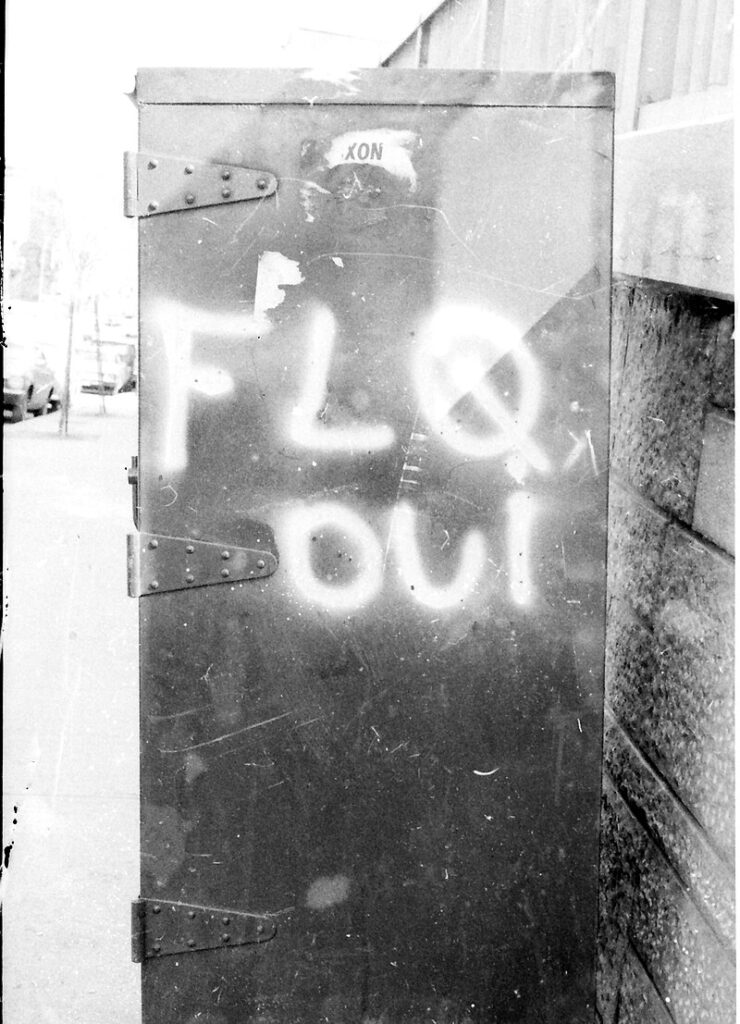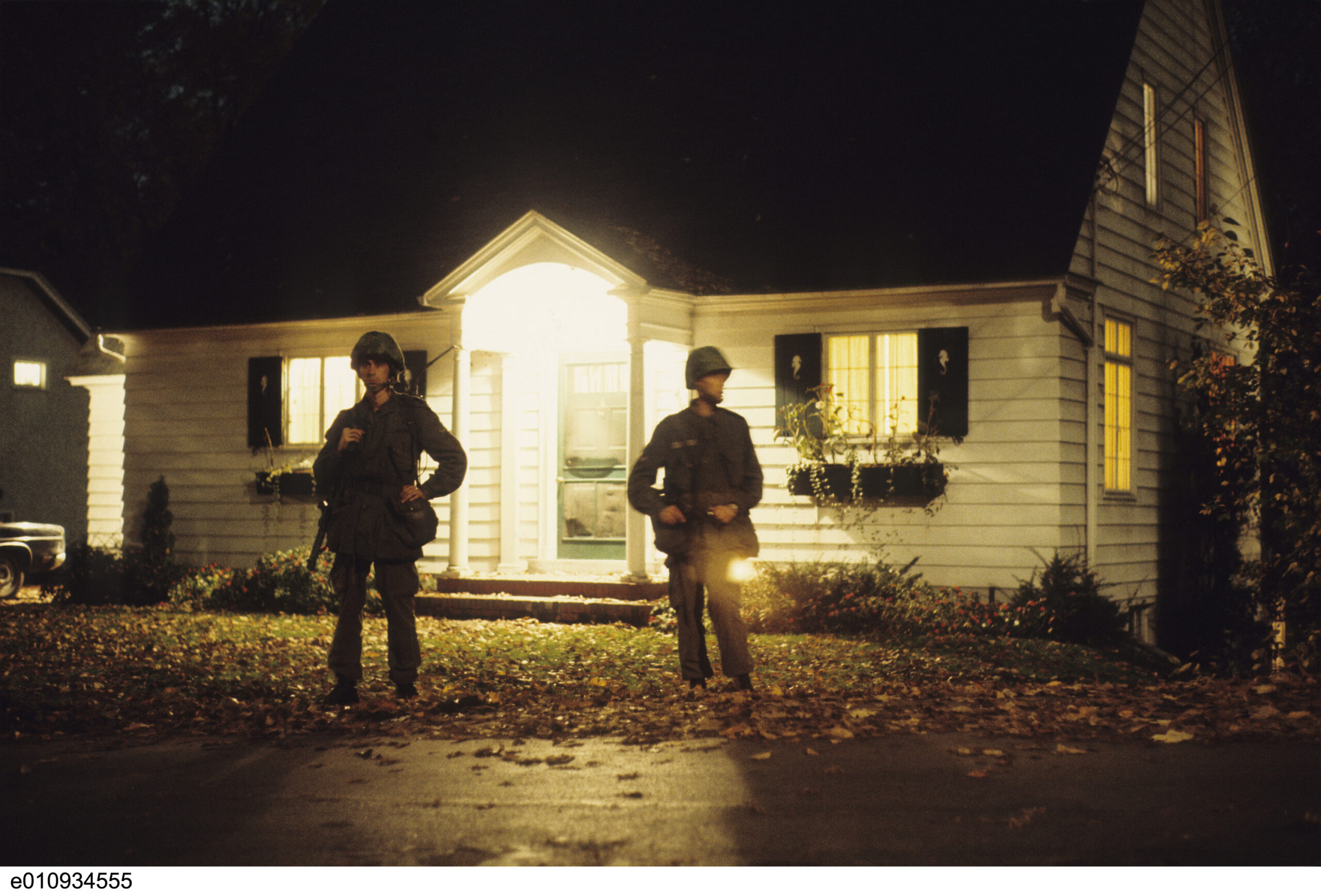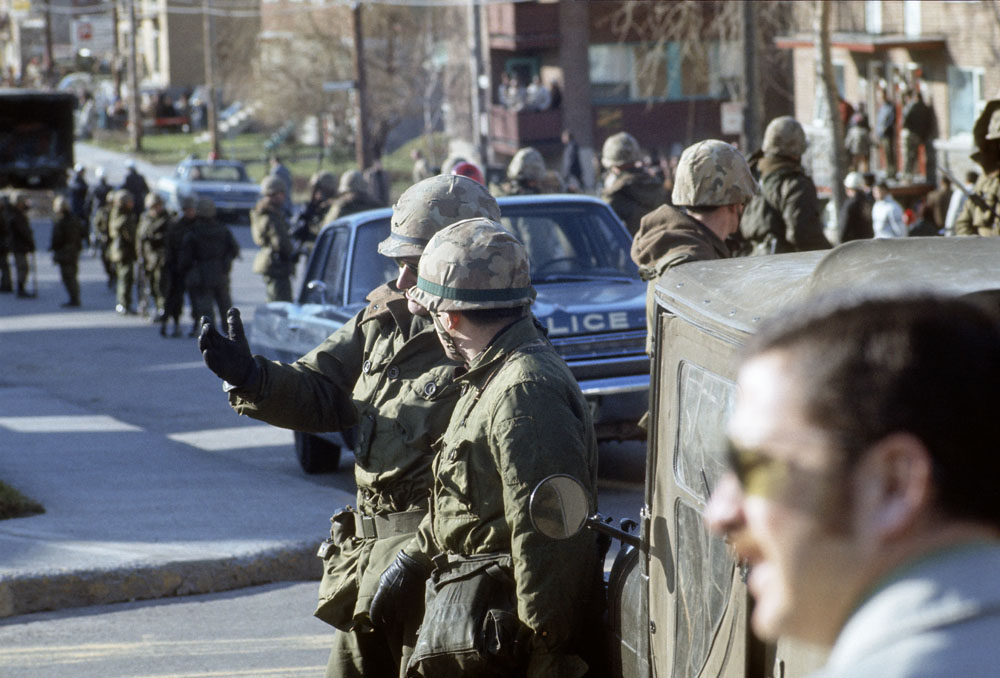The October Crisis began with the kidnappings of James Cross and Pierre Laporte by the Front de libération du Québec (FLQ) in October 1970. It has since been the subject of intense debate in the media and in academic and political circles. For the second time in Canadian history – and only twenty-five years after the Gouzenko Affair – the powers of the War Measures Act were employed to suspend Canadian civil liberties in peacetime.
Developments within Quebec were part of a broader, international trend. There was a heightened fear at this time of international and domestic terrorism. National liberation movements spawned terrorist violence across the globe. The Irish Republican Army, Palestinian Liberation Organization, Red Brigade and a host of other terrorist organizations were responsible for bombings, hijacking planes and other acts of violence. It was an era of international terrorism: in seeking targets abroad, they raised the possibility that anyone anywhere could be a target. According to the Global Terrorism Database, there were at least 4340 terrorist attacks between 1970 and 1976 alone. In the United States, there were more incidents of domestic terrorism in the 1970s than any other period in that country’s history: at least 680 incidents compared to 282 in the 1980s (77 fatalities in the 1970s, 22 in the 1980s).

Without exaggerating the extent of international terrorism in the 1970s – it was not a fact of daily life for the vast majority of Canadians – kidnappings or hijackings were becoming more pervasive. Political violence was gaining greater visibility: incidents of terrorist violence appeared frequently in newspapers and on television. Authorities’ success in responding to terrorist incidents at the time was, as one RCMP analyst noted, mixed:
“It is encouraging that four of the five recent widely publicized hostage situations which have taken place in the past three months, have now been successfully concluded in favour of law and order by using patience, non-violent tactics and refusing to accede to demands. In the fifth, however, the Austrian Government quickly acceded to the demands of the Arab gunmen and the commandos and hostages were flown to Algeria where the hostages were released. The fact that such incidents are continuing is a cause for concern. The dramatic appearance of the South Moluccan rebels in Holland and the tactics employed by them, both at the Indonesian Embassy in Amsterdam and aboard the Dutch train, in an attempt to gain their demands is evidence that threats may come from an unknown direction.” [see Clément 2015]



